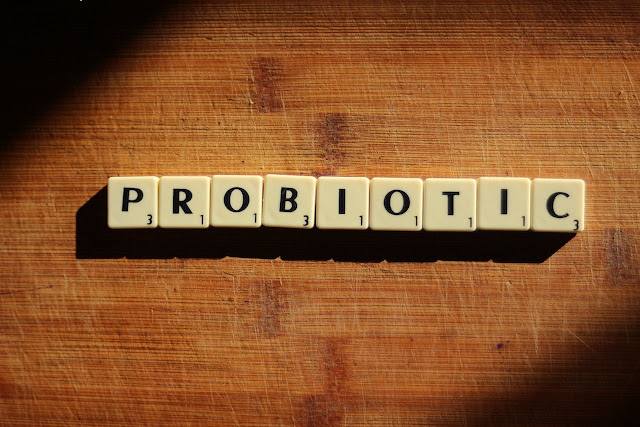Good gut health is important for people of all ages, but it's especially crucial for babies. Most babies experience some sort of stomach upset or discomfort at some point, which can lead to fussy behaviors, crying, and other unwanted effects.
Finding a safe and effective of easing stomach problems, while also boosting gut health, must be top priority for all new parents. Wellements probiotic gripe water is created from certified-organic ingredients for a safe, all-natural method of soothing a baby with tummy troubles. It's also free of irritating ingredients, such as gluten and preservatives.
There are also all-natural probiotics that can help reduce stomach discomfort in babies before it even starts. This guide explains why maintaining optimum gut health should be part of your parenting routine from the first moment you bring your new baby home.
The Importance of Probiotics for Babies
When babies are first born, they lack the good gut bacteria that develops over time. Good bacteria ensure optimum digestive function in both children and adults. It's theorized that this is why some babies experience frequent stomach issues. Until the proper bacteria levels can be established, the digestive system will not function efficiently.
Wellements organic baby probiotics introduce good bacteria into the digestive system for improved performance. The introduction of good bacteria can also help boost an infant's immune system, which makes them less susceptible to illness.
How to Support Optimum Gut Health in Your Baby
The first step is to understand the difference between pre and probiotics. Probiotics are live bacteria that can be ingested in certain foods or via supplements. Prebiotics are a type of fiber that feed the good gut bacteria. While it's crucial that you have the proper level of bacteria in your system, prebiotics are just as important for maintaining these levels.
Extended breastfeeding is also recommended for improved gut health and immune system function. Mothers are encouraged to breastfeed for up to six months after giving birth to ensure optimum function of their baby's digestive system. Breast milk also contains probiotics, which play an integral role in future gut health.
Good feeding practices when introducing solid foods is equally important. While every baby is different, it's recommended that solids aren't introduced before the fourth month, because the digestive system may not be fully matured before that time.
Mothers should continue to breastfeed when first introducing solids, and slowly wean their babies off breast milk by introducing more healthy solid foods into the feeding routine.
Best Practices When Using Gripe Water
How you provide soothing agents like gripe water can also make a difference in your baby's digestion. Their delicate digestive systems can be easily overwhelmed, which might lead to spitting up if gripe water is given too close to feedings. Gripe water should either be provided prior to feedings or at least 30 minutes after a feeding has occurred.
By using a combination of healthy supplements and proper feeding practices, you can ease stomach issues in your little one. Not only does that improve your baby's comfort and health, it also prevents crying and general fussiness for a happier child.


No comments:
Post a Comment